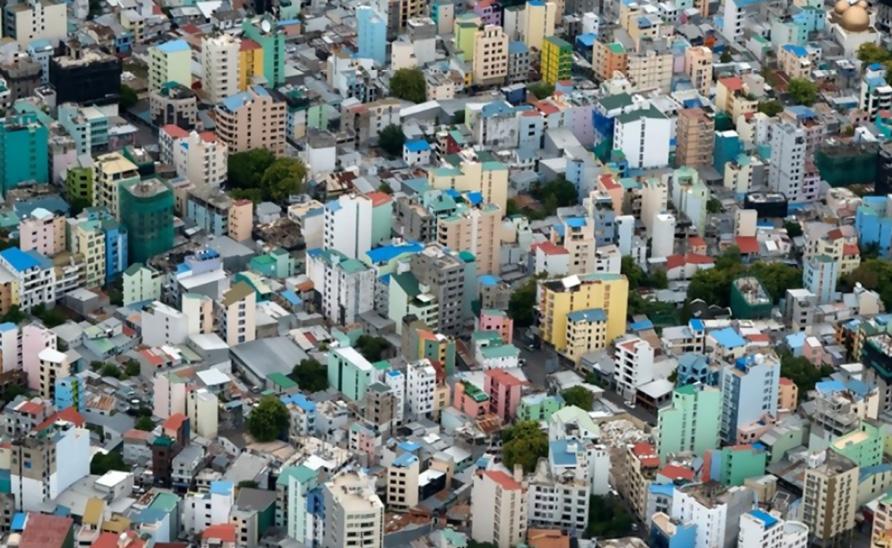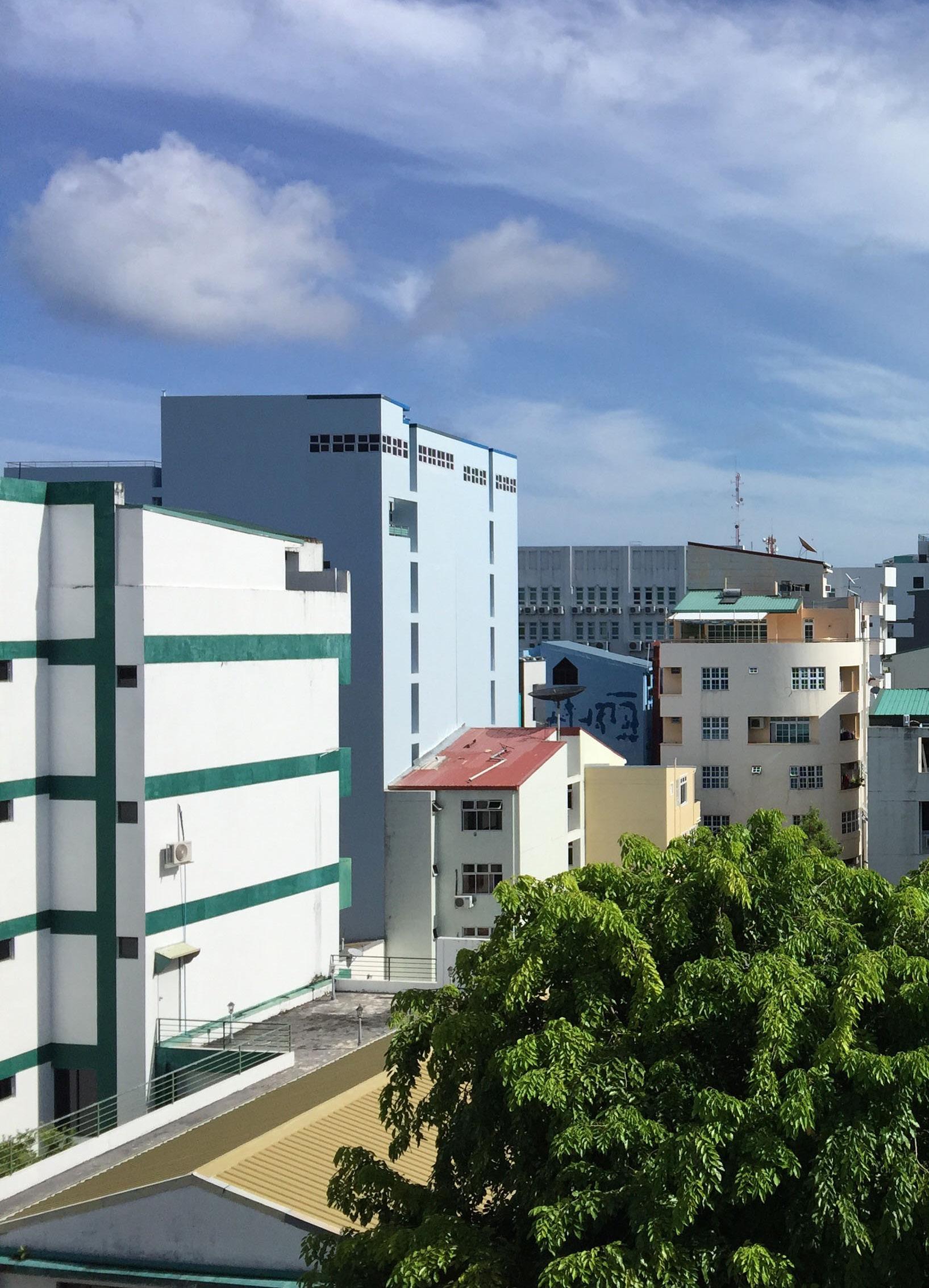
3 minute read
AN ISLAND OF ISLAND
from An Island Of Island
by Equator>


Advertisement

Introduction
PARADISE noun | par·a·dise
1. a very beautiful, pleasant, or peaceful place that seems to be perfect
2. a place that is perfect for a particular activity or for a person who enjoys that activity
3. a state of complete happiness
“Paradise and the City”
The concept of paradise is one that has not been challenged in recent history. Conversations on paradise and what make up a paradise tend to associate the notion of paradise with large open spaces, a connection to nature, or a place of scenic beauty - everything the dense city is not. More often than not, the city is instead involved in discussions of the opposite condition; it is viewed as the antithesis to paradise.
Frank Lloyd Wright famously referred to the city as a “fibrous tumour”. To him, the city was a scourge; the claustrophobia, chaos, and multitude of activities taking place in the city made it a hellish environment to live in.
This two dichotomies are captured none better so than in the Maldives. While the Maldives presents itself as a tropical paradise and place of plentitude to the outside world, its capital Male has one of the highest population densities in the world, and hence one of the most intense urban conditions, totally at odds with the tranquil nature and image of paradise that the rest of the Maldives portrays. On top of that, being the lowest lying country in the world, the Maldives faces the most palpable threat of rising sea levels that threaten to wipe out the country. Things are not as perfect as they would have tourists believe. While it is a paradise for the tourists, it is an uncomfortable and fragile home for the locals.
This thesis speculates a near future where the flooding is more prevalent and destructive. Most of the Maldives is gone, leaving Male as one of the last remaining vestiges of Maldivian land still existing. When paradise is lost, the rest of the Maldivians flock to the capital for refuge. Confronted with the natural and manmade “flood” of both water and people on the city, this project speculates a way in which the confluence of these factors forces and triggers a new way of life and how people search for their paradise in the face of it.

It explores how this confluence of factors may help to reconcile the duality of a paradise and the dense urban condition, and presents a way in which density may be seen not as a hindrance, but as an opportunity to redefine the notion of paradise in a dense urban context.

“If carbon emissions continue at the rate they are climbing today, my country will be under water in seven years”
- Mohammed Nasheed (former president of the Maldives), 2012
The Rising Tide
The Maldives is at risk. The accelerating rate of climate change has caused global sea levels to rise at unprecedented rates. This has already led to the destruction of island habitats around the world, displacing populations such as those from the Bhola Island and Kutubdia in Bangladesh, and Tuvalu and Carteret Islands in New Guinea.
With an average ground level elevation of 1.5m above sea level and with at least 80% of its landmass less than a metre above sea level, the Maldives is the planet’s lowest country and thus the most susceptible to the effects of rising sea levels. Already, 14 of the 200 inhabitated islands in the Maldives are gone, while coastal erosion has rendered many other islands unliveable.
The Maldivian government has been very proactive in garnering support to halt the effects of climate change. Its many presidents in recent history have been active participants in international climate talks and vocal proponents in the fight to arrest the escalating carbon emissions rate. However, this seems to be a problem too big for the tiny island state to handle. The government has already sought other alternatives to safeguard its population from the destruction of their economy and country, the most controversial of which have been mooted involve buying up land in Sri Lanka, Australia, and India and shifting the entire population there, and building artificial floating islands to move its population to.
However, none of the present alternatives are viable long term solutions to the displacement of the Maldivian population. This thesis speculates a way in which the Maldives adapt to and live with the floods, rather than flee from it.





